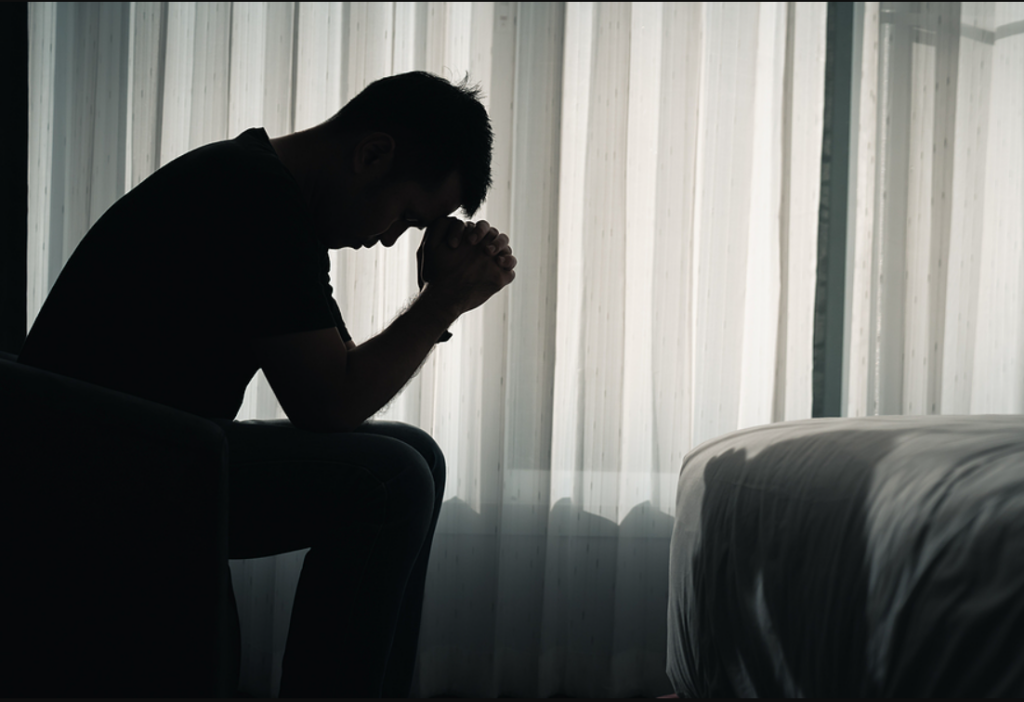Loneliness Reduces Cancer Survival: Study 2023

New research reveals that lonely cancer survivors may die sooner than those with social support.
“Loneliness may be linked to worse survival following a cancer diagnosis through multiple mechanisms, such as the increased risk of experiencing negative emotions such as hostility, stress, and anxiety, increased unhealthy behaviors including smoking, alcohol abuse, and less physical activity, or physiological pathways such as immune system disorders,” said study author Jingxuan Zhao. American Cancer Society senior associate scientist.
“It is also possible that cancer survivors who feel lonelier might not receive the practical and emotional support they need for their symptoms,” Zhao noted.
Zhao and her colleagues examined data from approximately 3,450 cancer survivors 50 and older from the 2008-2018 Health and Retirement Study. They were followed till 2020.
Every four years, researchers categorized people into four categories: low/no loneliness, mild loneliness, moderate loneliness, and excessive loneliness.

Lonely cancer survivors were more likely to die during follow-up. The study found that loneliness increased death risk.
Even after controlling for age, these findings persisted.
The researchers recommended connecting cancer survivors.
Zhao suggested joining a support group or connecting with other cancer survivors to alleviate loneliness. “Cancer survivors can also reach out to social workers, therapists, or other health professionals to express their concerns and seek help.”
Family and friends of cancer survivors should know that loneliness can harm their health.
“Ask cancer survivors about their feelings or help them navigate programs that screen for loneliness and provide social support to those in need,” she said.
Loneliness is hard to spot. “People who live alone or have fewer social connections might be at higher risks of experiencing loneliness,” Zhao added.
Saturday’s ASCO summit in Chicago featured the findings. Medical conference findings are preliminary until published in a peer-reviewed publication.
“Loneliness is increasingly recognized as a risk factor for worse outcomes in cancer survivors,” said Dr. Arif Kamal, American Cancer Society chief patient officer. “Research like this highlights the important opportunity role of oncology teams and primary care providers in assessing for loneliness and creating community-based interventions to ensure that no one experiences or survives cancer alone.”
